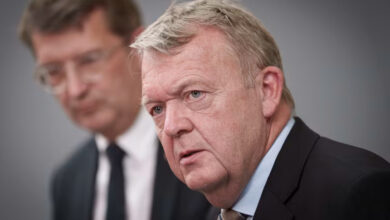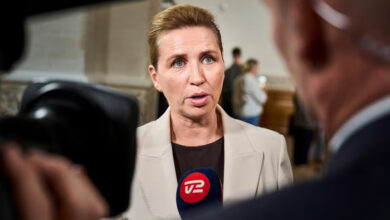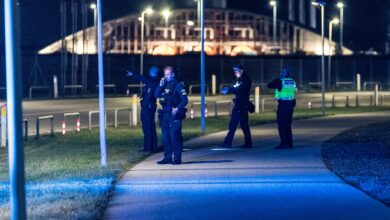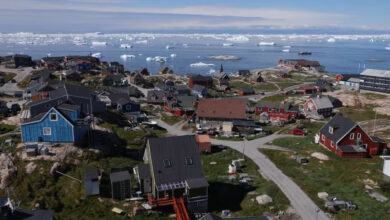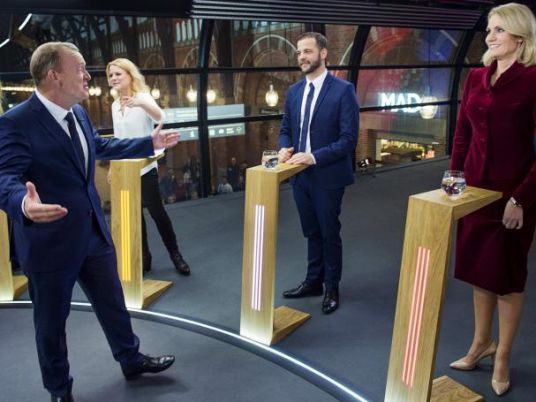
Denmark's centre-right Liberals will try to form a minority government this week despite suffering their worst election result in 25 years, while the right-wing eurosceptic Danish People's Party (DF) said it was still in the coalition talks.
The centre-right bloc won a slim majority in last Thursday's parliamentary election, defeating the Social Democrat-led government of Prime Minister Helle Thorning-Schmidt.
The DF is the second biggest party in the new parliament after the Social Democrats but has so far expressed no interest in leading the coalition talks.
Four-party talks involving the pro-European Union Liberals, the DF and two smaller centre-right parties collapsed over the weekend, raising the prospect of a weak minority government led by Liberal leader Lars Lokke Rasmussen.
"My conclusion is that it is not possible to establish a majority government," Rasmussen said on Sunday after two days of talks, adding that he expected to ask Queen Margrethe on Monday for a mandate to form a minority government.
Rasmussen, a former prime minister, did not say why the four-party talks broke down, saying only that a four-way compromise would leave the government inflexible in its policy making.
From the outset the DF has made clear it will not row back on its demand for an in-out referendum on Denmark's EU membership if the British should go ahead with theirs. British Prime Minister David Cameron plans to hold such a referendum by the end of 2017 after renegiating the terms of UK membership.
The DF is also insisting on the imposition of physical border controls, immigration curbs and an increase in state spending.
But DF confirmed it was still in the coalition talks, which means the Liberals may have ditched one or two of the smaller centre-right parties that were unable to stomach DF's demands for more state spending.
Still at the table
"There's a Queen's Round (of coalition talks) today and that means new negotiations where we're also at the table," Martin Arnoldus, a political adviser to DF leader Kristian Thulesen Dahl, told Reuters on Monday.
Arnoldus said it had taken 17 days to form Denmark's last coalition government.
Technically, all options are still on the table — the Liberals could form a minority government by themselves, or with the two smaller parties without DF and pass legislation on an ad hoc basis.
Agreement between the Liberals and DF is not guaranteed and other, less conventional, options could become more realistic as the talks drag on, including some kind of rapprochement with Thorning-Schmidt's Social Democrats, who hold 47 seats.
Riding a wave of Danish euroscepticism, the DF has won 37 seats, its best election result in its 20-year history, in the 179-member parliament against the Liberals' 34. A majority government would need 90 seats.

